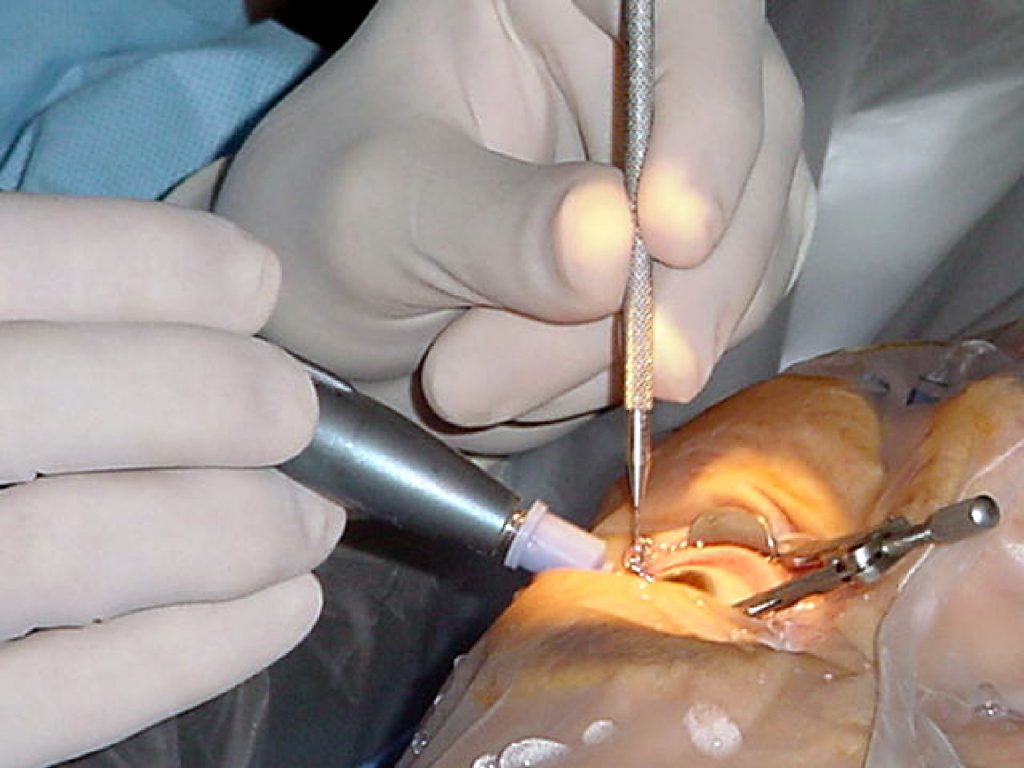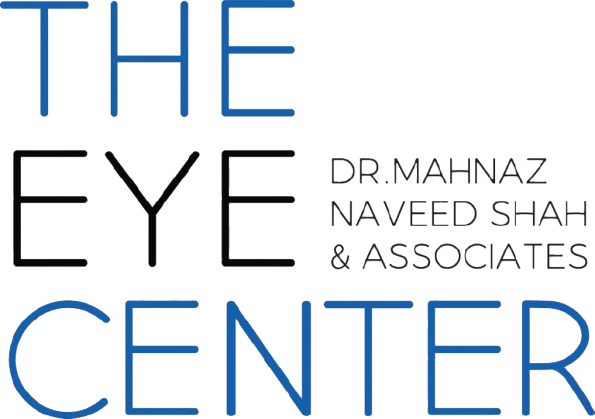Understanding the procedure and going over key points with your doctor are critical parts of being ready for cataract surgery. Before having cataract surgery, you can think about asking your doctor the following questions:
1. What happens during cataract surgery? Ask a description from your doctor of the surgical procedure, including the techniques used, the type of anaesthesia, and the anticipated time frame.
2. What are the potential advantages and disadvantages of cataract surgery? Be aware of the potential enhancements to your vision and general quality of life that surgery may bring about. Ask questions about the procedure’s dangers and potential complications as well.
3. Would cataract surgery be my best option for action? Ask your doctor if cataract surgery is the most appropriate course of action for your unique situation. To decide if surgery is the best option, they can evaluate the quality of your eyes, the severity of your cataract, and any other underlying diseases.
4.Are there any alternative treatments or procedures available? Ask your doctor whether there are any non-surgical alternatives to cataract surgery that can help you manage your cataract symptoms, such as dietary adjustments, prescription eyeglasses, or other non-surgical interventions.
5. Which intraocular lens (IOL) type is suggested for me? IOLs come in a variety of forms, including monofocal, multifocal, and toric lenses. Discuss the benefits and drawbacks of each choice and decide which one best suits your visual requirements and way of life.
6. What are the anticipated results of the procedure? Consult your doctor to learn more about your vision’s possible improvement, including information on your near- and far-sightedness, the elimination of glare or halo effects, and the general visual quality you can anticipate following the procedure.
7. How long will the rehabilitation process take, and what should I anticipate? Ask about the healing process, the recovery schedule, any essential post-operative care, and any limitations or safety measures you should follow during the healing process.
8. How should I get ready for the procedure? Inquire about particular preoperative instructions, such as fasting requirements, medication changes, and any required tests or evaluations before the surgery.
9. What complications or negative effects could cataract surgery have? The potential hazards of the procedure, including as those of infection, inflammation, haemorrhage, or retinal detachment, should be discussed. You may make an informed choice and be ready for any outcomes by being aware of these dangers.
10. How soon can I return to my regular activities following surgery? Find out when you can expect to resume your regular schedule, which includes work, exercise, and other activities.
If you have any extra queries or worries, don’t forget to write them down and bring them with you to your consultation. In order to make you feel more educated and confident about your cataract surgery, your doctor will give you individualised advice and answers based on your particular circumstances.
At The Eye Center- Dr. Mahnaz Naveed Shah & Associates our team of eight ophthalmology subspecialists/ eye specialists, eye surgeons who are considered amongst the very best eye specialists in Karachi and in Pakistan, have the diagnostic and treatment capabilities to treat from the simplest to the most complex patients. We work hard to provide our patients with the best possible medical and surgical eye care, in a state of the art purpose built eye care facility. We offer the entire array of medical, laser and surgical treatments to help provide patients the best possible care in the most efficient, safe and ethical manner.
If you need an appointment, please contact us at 03041119544 during our working hours or leave us a WhatsApp message at +923028291799 and someone will connect with you. Walk-in appointments are also available for emergencies. We can also be reached through our web portal on www.surgicaleyecenter.org


